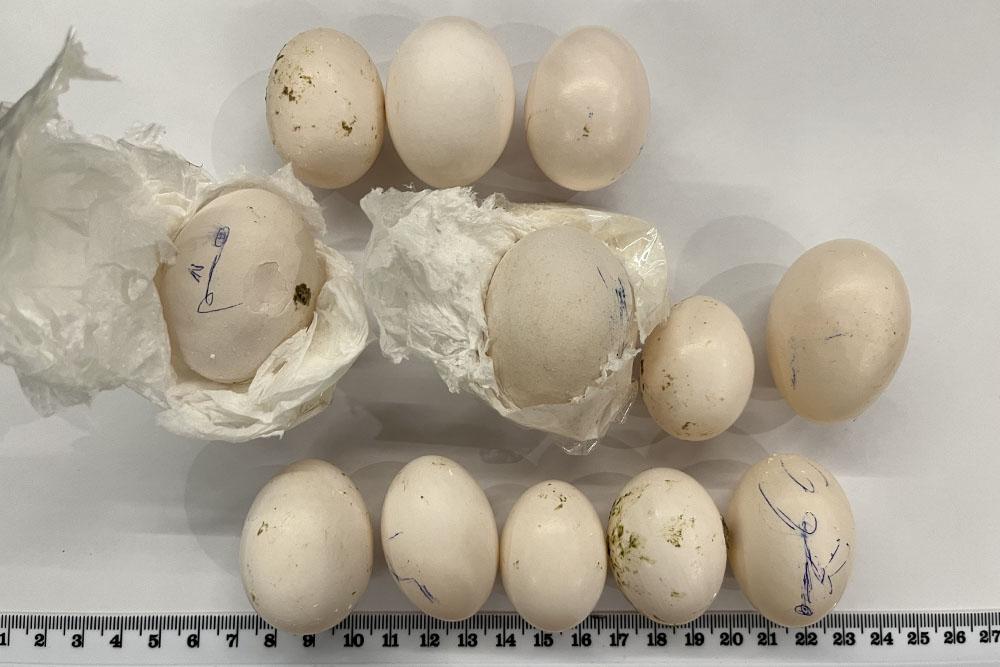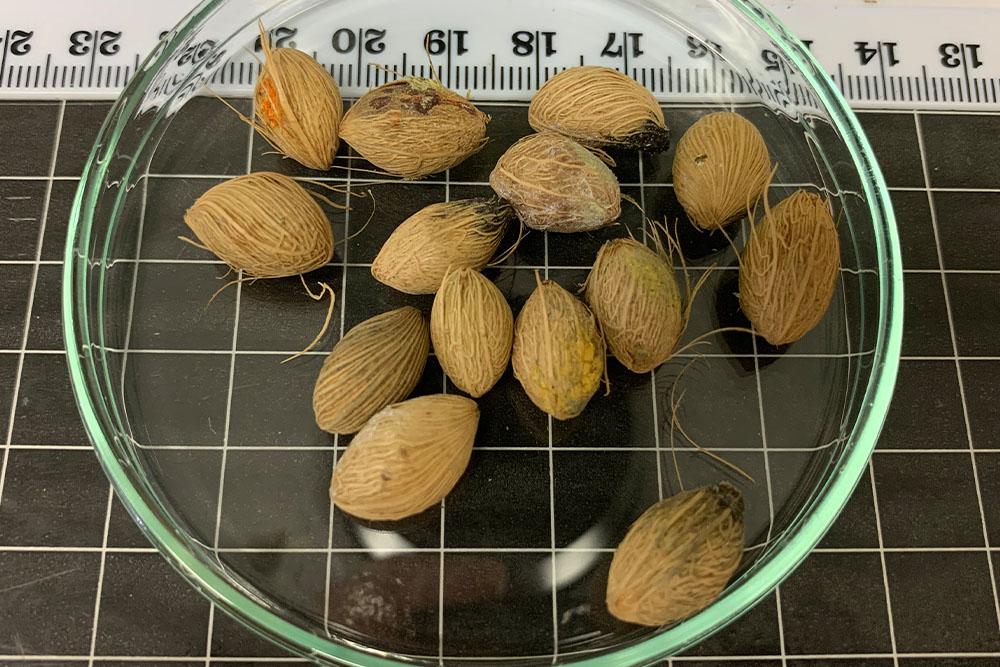OCVO plays a key role in stepping up Australia’s animal health and biosecurity engagement with the Pacific community and working with Timor-Leste and Indonesia to improve resilience against animal disease threats.
A team from OCVO’s Pacific Engagement Program for Animal Health (PEPAH) recently travelled to Solomon Islands to work collaboratively with the Ministry of Agriculture and Livestock (MAL) on initiatives to address biosecurity challenges and strengthen animal health and production. Funded by the Department of Foreign Affairs and Trade (DFAT), the team delivered activities to raise awareness of exotic disease threats, and build MAL officers’ capacity in preparedness, surveillance and biosecurity risk analysis.
The impacts of the COVID-19 pandemic, as well as the allocation of resources to support preparations for the upcoming 2023 Pacific Games, have left provincial MAL officers with limited capacity to undertake core activities such as farm visits, livestock extension work, and border biosecurity work. Supporting MAL to undertake these activities will be critical in the lead up to the Games, which will see increased movement of people and goods into the country.
Working with animal health counterparts in-country fosters strong relationships, provides mentorship opportunities, and supports Solomon Islands to bolster their biosecurity. By supporting regional biosecurity and animal health and production across the Pacific, we can proactively help manage the biosecurity risks to our region – including Australia – before they impact livelihoods and food security.
The OCVO’s international capacity building team is also working with colleagues from Timor-Leste’s Ministry of Agriculture and Fisheries (MAF) to conduct community awareness and surveillance for foot-and-mouth disease (FMD), lumpy skin disease (LSD) and bovine brucella in the areas bordering West Timor. The teams worked together to design a survey, currently being delivered by MAF. The survey was officially launched on 4 May, with quarantine officials from West Timor joining counterparts from Timor-Leste and OCVO to emphasize the importance of keeping Timor Island free from FMD and LSD.
Source: Timor-Leste MAF.
Teams also collaborated with the DFAT-funded Market Development Facility to develop communication materials tailored for Timor-Leste’s village smallholder livestock system. A number of participating communities are building simple cattle holding yards using local materials as part of this project, trialling designs that could be used by communities for animal husbandry practices or an emergency animal disease response.





